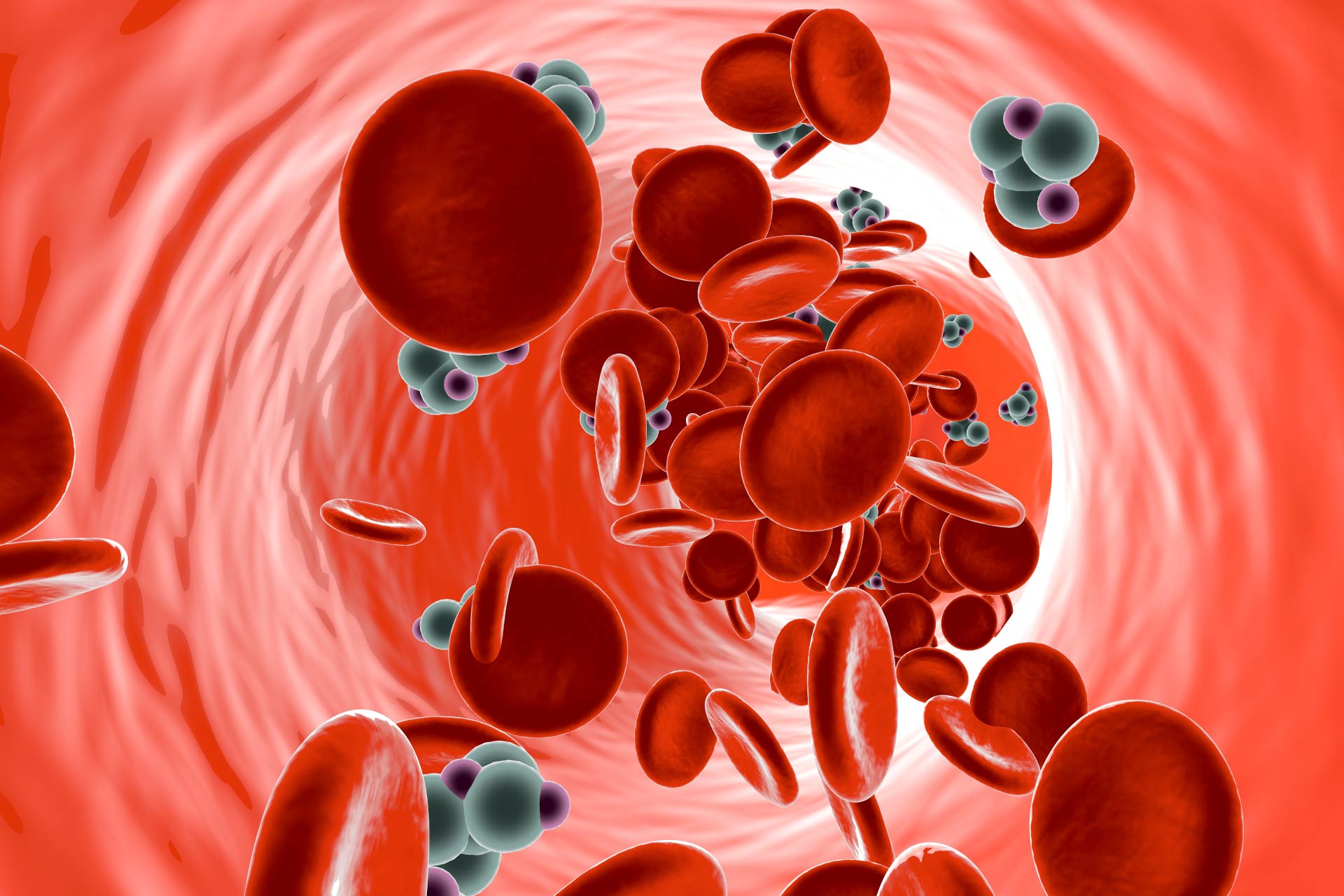• Microbial disruption
• Breaking barriers
What is already known on this topic
Inflammatory bowel diseases such as Crohn’s disease and ulcerative colitis can cause debilitating symptoms, including severe diarrhea and abdominal pain. Because the diseases are prevalent in Western countries, researchers have hypothesized that a diet high in fat and sugar can predispose people to colon inflammation by disrupting the gut microbiota. But how sugar may increase the risk of gut inflammation remains unclear.What this research adds
Researchers fed mice high-sugar diets and found that the rodents were more susceptible to induced colon inflammation than mice fed a normal diet. Sugars altered the composition of the gut microbiota, increasing the levels of bacteria such as Akkermansia muciniphila, which has been linked to gut inflammation and is known to produce enzymes that can degrade the mucus layer protecting the lining of the gut. These changes in gut microbiota composition appear to reduce the protective mucus layer of the gut, allowing bacteria and toxins to breach the intestinal barrier and cause inflammation.Conclusion
The findings support the idea that high-sugar diets may contribute to the rapid rise in inflammatory bowel disease prevalence in Western countries.
Diets high in fat, sugar, and animal protein are thought to contribute to gut inflammation. A new study in mice supports this hypothesis, showing that animals fed high levels of sugar showed changes in the gut microbiota composition that contributed to inflammation, leading to the development of inflammatory bowel diseases.
The findings, published in Science Translational Medicine, could explain the rapid rise in inflammatory bowel disease prevalence in Western countries. “Colitis is a major public health problem in the U.S. and in other Western countries,” says study lead author Hasan Zaki at UT Southwestern Medical Center. “This is very important from a public health point of view.”
Inflammatory bowel diseases such as Crohn’s disease and ulcerative colitis can cause debilitating symptoms, including severe diarrhea and abdominal pain. Because the diseases are prevalent in Western countries, researchers have hypothesized that a diet high in fat and sugar can predispose people to colon inflammation by disrupting the gut microbiota. But how sugar may increase the risk of gut inflammation remains unclear.
To investigate the effect of sugar on the gut microbiota and intestinal inflammation, Zaki and his colleagues fed mice a high-sugar diet for seven days.
Microbial disruption
After feeding mice a diet high in either sucrose, fructose or glucose, the researchers sequenced the rodents’ intestinal microbiota. All sugars altered the mice’s gut microbial population, but glucose caused the most significant disruption.
In particular, the levels of bacteria such as Akkermansia muciniphila, which has been linked to gut inflammation, were increased in mice fed a glucose-rich diet, whereas microbes that are considered beneficial, including Lactobacillus, became less abundant.
Mice that were genetically predisposed to develop colitis, as well as those that were given a chemical that induces gut inflammation, developed more severe symptoms if they were first fed a high-glucose diet.
Breaking barriers
Because microbes such as Akkermansia muciniphila are known to produce enzymes that can degrade the mucus layer protecting the lining of the gut, the researchers looked at whether the gut microbiota alterations could allow bacteria and other toxins to breach the gut barrier. To do so, they fed healthy mice the intestinal microbes from sugar-fed mice.
The recipient mice developed gut inflammation, suggesting that the disrupted gut microbiota from donor mice could transmit the susceptibility to colitis.
The findings suggest that high-sugar diet shift gut microbial composition, predisposing or exacerbating colitis, the researchers say. “Our study clearly shows that you really have to mind your food,” Zaki says.









